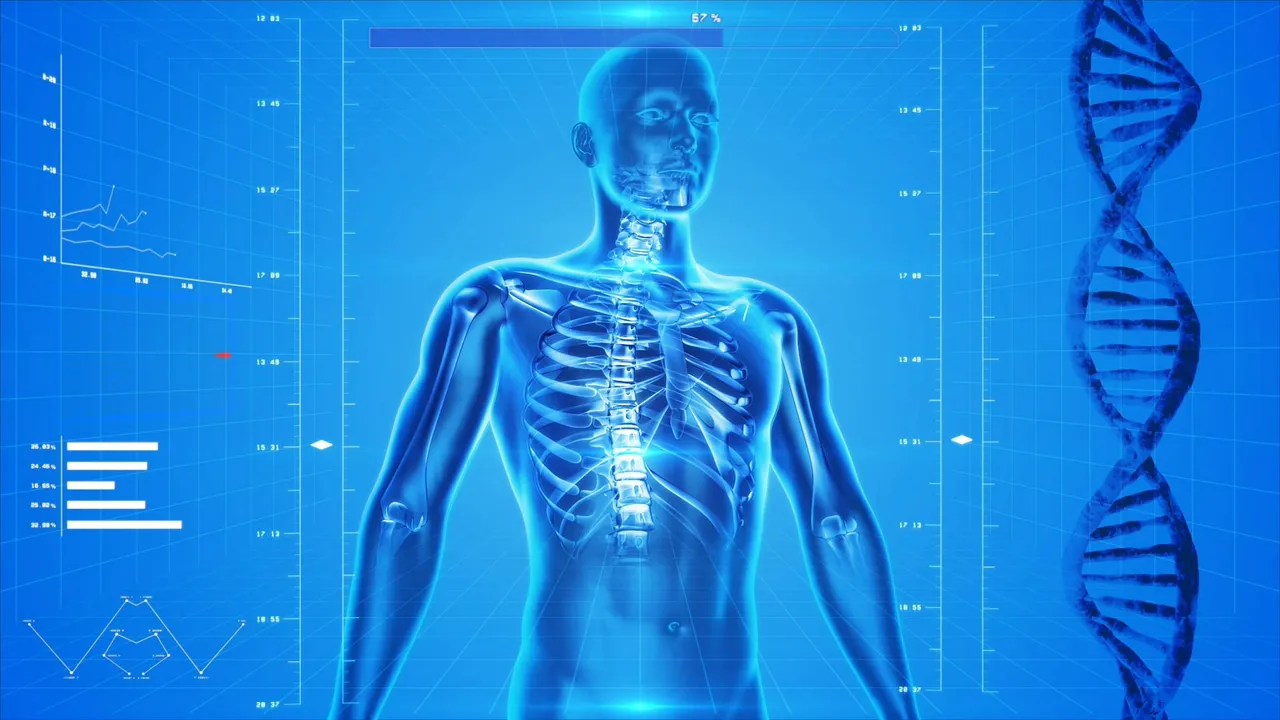Guess who’s fat? Fat again? You are fat, ask a friend.
Yes. You. No need to look around. I’m looking exactly at your guilty face. You have done it again and you know it, hence you deserve the punishment you received. In late night, you sneaked out of your bed into the kitchen with only one goal ahead: the fridge and all its tasty contents. HA! Gotcha! You sneaky, little devil. Shame on you. For eating late night, you will get fat. Take this!
Late-Night Mischief
When I started this blog a few months ago, I wrote a lot about proper nutrition, exercise, weight loss and gain – basically about a lot of things which had to do with getting (and staying) in shape, as well as some of the most popular myths connected to that very idea.
Now, a couple of months have passed, and it cannot hurt to dive into nutrition science once again.
There is a famous saying around regarding the size of a meal with an associated day time: ”Eat breakfast like a king, lunch like a prince and dinner like a pauper.”
I have no idea who said this first, some people contribute the quote to the nutrition pioneer Adelle Davis(1), but I was not able to verify that (but I did not search with a lot of enthusiasm either, to be completely honest).
No matter who was responsible for that nonsense, it most likely played a part in creating one of the most popular nutrition myths of all time: eating shortly before going to bed will make you fat.
There is so much wrong about it, I don’t even know where to start.
And it definitely does not help when respected newspapers like The Telegraph write headlines like Breakfast like a king, lunch like a prince and dine like a pauper to lose weight, scientists confirm(2).
As you probably already have guessed: the researchers did not confirm anything. They searched(3) for a possible connection between weight loss or gain, the number of meals and the time of the day they were consumed.
First of all, as readers of this blog should already know: correlation does not equal causation.
The scientist are, of course, fully aware of this simple fact. But I will discuss more of this later on.
Your body – a biological machine
It is of the utmost significance for all of you to understand one simple but very, no, VERY important aspect regarding nutrition: your body DOES NOT exist outside the realm of the laws of nature.
You will not get fat just by looking at a carrot and you will not lose weight by continuously consuming high-caloric drinks and food. For a simpler understanding imagine your body as a factory which constantly needs energy to be able to work properly. It will suffer a substantial loss of productivity and health, if either it does not receive the optimal amount of energy or it has to deal with an excess of said energy. As soon as this is the case, the exceeding energy will be stored for a possible later use. When it comes to your body, this means the energy is stored as fat.
Of course, there are a couple of other things which will have an effect upon the amount of stored energy, but for simplicity reasons we can ignore them for now. We are currently focusing on healthy adults.
Your body-factory is working 24/7. Until the day you die it will not rest. Not a single day. That also means it does not really care about the time you eat – but way, WAY more about the amount you consume.
BAM.
So, yeah, the little story I told in the introduction part of this article if way more fiction than reality. Your body will not punish you just because you had a late-night snack.
IF.
Yep, as with all good things in life there is always a catch. I am relatively sure you will have guessed it by now anyway. Your body will not punish you, if the late-night snack does not exceed your total amount of energy needed of the given day in relation to the total energy consumed during a longer period of time.
Wait, what?
Ok, slow down. Weight management is not something which can (or should) be monitored from one day to another – but over a longer period of time. You won’t get fat, if you exceed your energy consumption at one day but compensate that with either more exercise or less food during the next days. It will even itself out. But if you routinely consume more than you need…yes, than you will end up as a fat and unhealthy couch potato. Better to accept that reality sooner than later.
"I’m fat, but I don’t eat much at all!"
Ask yourself two, simple questions:
"How much do you think you eat?"
"How much do you REALLY eat?"
I can almost promise you, there will be two different numbers as answers. The reason for this is simple as well: You don’t know, how many calories the food and beverages you consume contain. In addition, you are quite likely to forget some of the small “snacks” (not only the late-night ones) you are eating (or drinking) during your day. That’s ok, most people don’t really care about this, but it’s an important difference to be aware of, if you want to get control over your weight.
But that’s not all. It is most likely, that you estimate the level of your daily activity much higher, than it actually is. In short: You underrate your caloric intake and overrate your activity level. Damn. That’s rough.
But you are not alone with this problem. To give you some perspective, I can show you the results of a study conducted by Lichtman et al.(4) in 1992. They wanted to test people who thought to be resistant to any kind of dietary changes. The participants stated, they didn’t eat that much and had a high activity level as well. Problem was: neither were true. They underrated their average caloric intake by 47% and overrated their level of activity by 51%. Of course, they did not do it on purpose, but our brain has some effective ways to ensure we look good, even if reality says otherwise.
A similar study by Pietiläinen et al. in 2010(5) was conducted with identical twins – one was obese, the other one had a normal weight. The obese twins were convinced, their caloric intake and level of activity were quite similar to the ones of their twin counterparts. In comparison, the normal weight twins said about their siblings, they were eating more and unhealthier and their activity level was lower. Perception is a devious thing.
To outline this further, you can take a look at a study provided by Burton (2006)(6), in which participants should try to estimate the number of calories different kinds of meals contained. The results were as hilarious as fascinating: The higher the actual number of calories was, the more imprecise the guesses of the participants became.
Stay healthy

Source | My creativity.
To sum it up: be aware of your total caloric intake and you are good to go – even for the late-night snacks.
Which brings us back to the study referred by The Telegraph at the beginning of this article.
The authors of the paper wrote:
In conclusion, our results suggest that eating less frequently (and eating no snacks), consuming breakfast, and eating the largest meal in the morning may be effective long-term preventive tools against weight gain for those in whom this would be unhealthy. Eating only 2 meals/d, breakfast and lunch 5–6 h apart, may also be an interesting strategy for weight control. Although the annual effects of these meal patterns on BMI are small, they may be very important across a lifetime.
This is, of course, quite an obvious result. Less frequent meals equal quite often also a lower total caloric intake – which then naturally leads to a lower BMI. It might be easier to achieve this, if you focus your meal time only at breakfast and lunch (with the lion’s share regarding to breakfast), but it is not a must do.
You can eat all day long, but if your overall consumption does not exceed the energy level you require, it will still be alright. Always remember:
Eat clean, train hard, sleep well.
Feel always free to discuss my ideas and share your own thoughts about the things I’m writing about. Nobody is omniscient and if we all walk away a bit smarter than before, we’ll have achieved a lot.
Thanks for reading and stay sceptical.

Make sure, to check out #steemstem for more science related content.
References
(1) Adelle Davis | (2) The Telegraph and Science Communication | (3) Meal frequency, time and BMI | (4) Bad Estimation of Activity Levels | (5) Twin Study: Nutrition and Activity Perception | (6) Estimation of Food & Calories
Debunk-Tuesday

